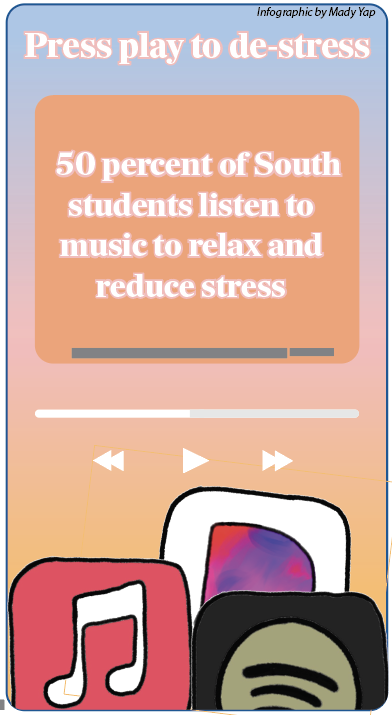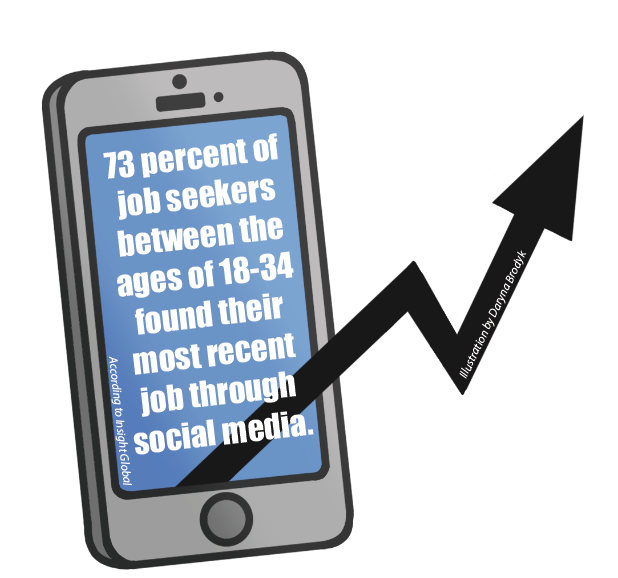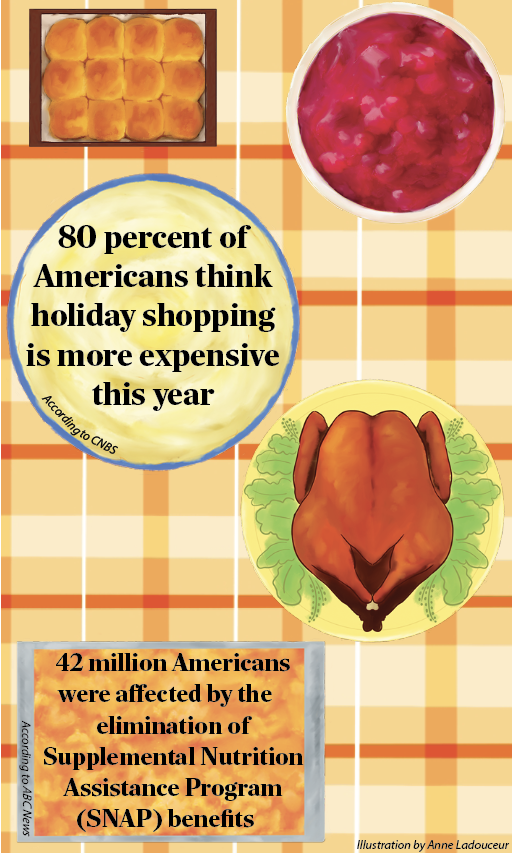In an Oracle conducted survey of 201 South students, 55 percent admit to using the word “retarded” or “retard” in a negative manner often or sometimes. Forty-four percent of students surveyed admit to using the word “gay” in a negative manner often or sometimes.
Using the words “gay,” “retarded,” or “retard” to replace other words such as “stupid,” have become a habit amongst South students. The Oracle Editorial Board recognizes that we, too, are guilty of using these words. We realize that this bad habit is one that can be hard to break, but the fact remains that we need to stop.
When using such words, most people probably do not consider the people these words refer to in a disrespectful manner. Though it is unintentional and easy to forget, these words are derogatory and hurtful. And most of all, they perpetuate an environment of intolerance at South.
Most people probably don’t stop and think about the fact that by using the word “gay” to substitute a word like “stupid,” they are sending the message that being gay is wrong. Just imagine being gay and hearing people constantly describe something as “gay.” Additionally, we feel that the use of the word “gay” in such a way could make students who are gay and have yet to come out feel uncomfortable and even more fearful of being themselves.
Max Sendor, a student at South who is openly gay, explained that hearing the use of these words had a similar negative impact on him.
“To me, [the word gay] almost [stings] physically every time I [hear] it,” Sendor said. “It, to me, was a form of discouragement when it comes to coming out.”
Also consider students with special needs. Not only is the word offensive, it isn’t even used medically anymore. In fact, the phrase “mentally retarded” hasn’t been used for 20 years, according to Shannon Devine, Instructional Assistant of the Special Education Department.
The Editorial Board recognizes that not all students mean “special needs” when they say “retarded” or “retard” and instead are using it as a substitute for “stupid” or “idiot,” respectively, but it doesn’t change the fact that it associates people with special needs with a negative image.
This is why it’s so important to be more conscious of the words that fly out of our mouths so easily, words that some consider funny, even. We guarantee that these words are not funny to those they hurt.
We also feel that most students wouldn’t think of using the word “retarded” if they personally knew a student with special needs, and Devine agrees.
“If people took the time to know students who are cognitively delayed or developmentally disabled, which are more appropriate terms [than words like ‘retarded’], I don’t think people would even use that word,” Devine said. “I think they would feel really embarrassed.”
The Editorial Board feels that perhaps not enough students have the exposure necessary to be committed to not using these words. But consider the fact that the people you are referencing could very well be your relative, or someone else’s relative, or a friend, or a friend’s relative.
So what can we do to fix this problem? Like all bad habits, we must teach ourselves to stop. If you feel brave enough, call out your friends, as we on the Editorial Board have started to do, and ask that your friends say something to you each time you slip up and use one of these words. If you don’t feel comfortable calling out those around you, just don’t laugh when you hear somone using one of these words. Laughing validates the person who is saying it and encourages others around them to follow suit.
We really hope that South students will join us in our commitment to eradicate these words from our vocabulary and, ultimately, make South even more progressive and accepting than it already is.












